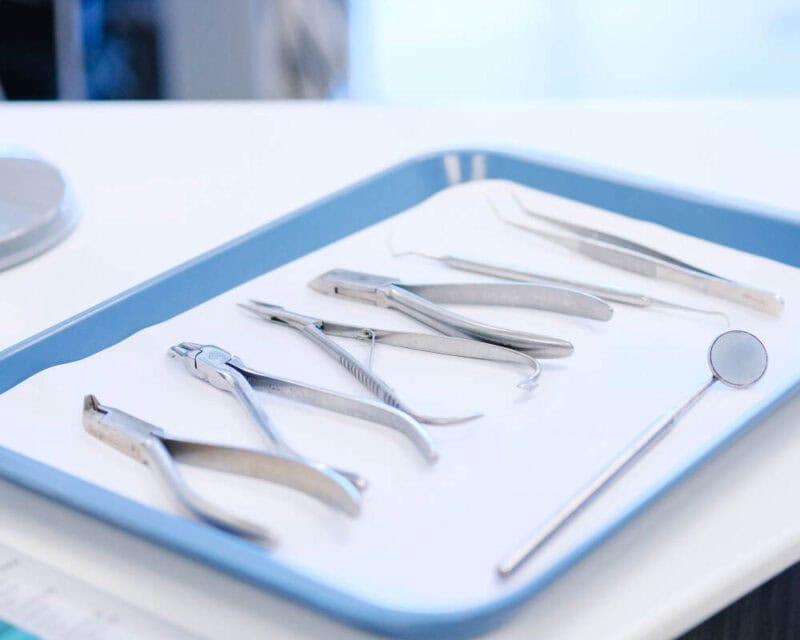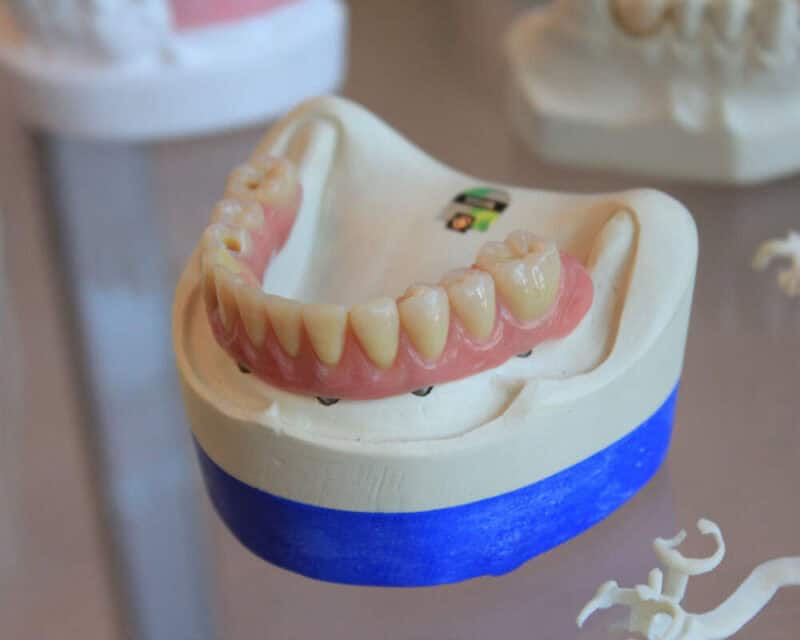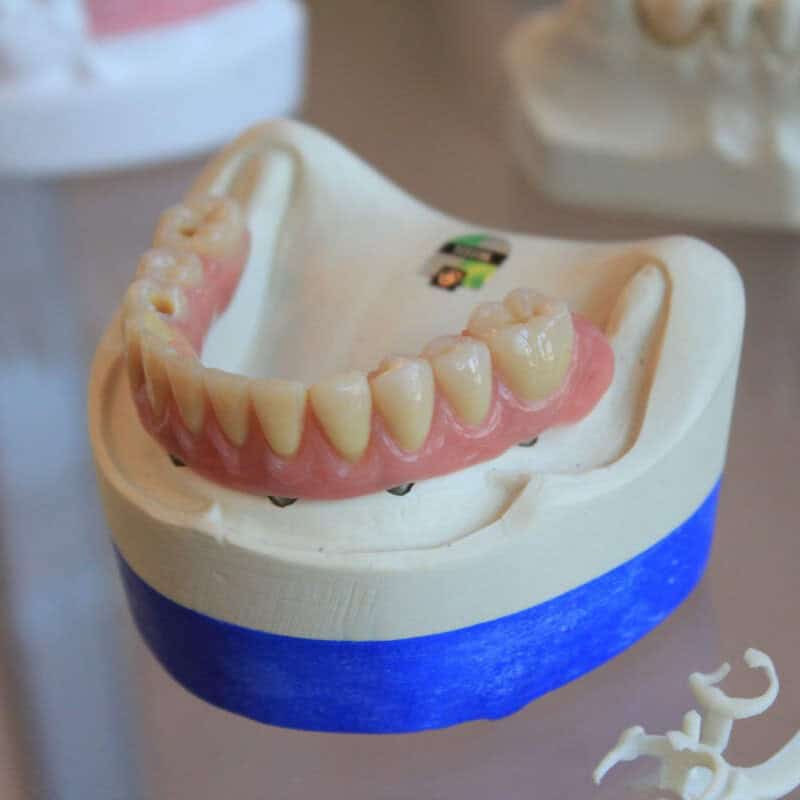The word surgery sounds scary, and most procedures are quite invasive, requiring a long recovery and often are a shock for the body. When it comes to dental implant surgery, especially putting implants in the tissue, the whole process is mild and easy to perform, especially with professionals like those at omniadentalcare.com, handling the procedure.
The preparation

If you ever had a tooth removed as a little kid, chances are you already experienced something similar to the implant process.
The surgical removal of a tooth resembles that of putting a new one in. You’ll have an X-ray or CT scan to estimate the exact location and better understand the surrounding tissue, vessels, and nerves around the tooth. There is a lot of planning involved, measurement, and consulting, so do not worry; after all these thorough exams, the procedure itself will be quick, natural, and well-planned.
The dentist might advise you to have a mild breakfast or lunch, maybe two to three hours before, and brush your teeth before going. Once you make yourself comfortable on the chair, the nurse will give you strong local anaesthesia, and within minutes, you’ll feel complete numbness of the whole upper or lower part of the jaw. The injection is so strong you won’t feel a thing during the whole surgery.
Some alternatives to this procedure are dentures or restorative bridges. However, if you’re considering purchasing dentures online or exploring other options, consulting with a professional dentist is essential. They can provide expert guidance, evaluate your dental needs, and recommend the best action to ensure optimal oral health and functionality.
The surgery itself
The dentist will make small incisions during the procedure to separate your gums from the bone. After taking an X-ray scan to precisely identify the exact place and ensure the surrounding bone is firm and ready, he or she will drill a hole where the supposed implant is going to be placed. Afterwards, a dentist will make a few stitches to get the gum in its proper place and ensure the placement succeeds.
The whole ordeal seems like a lot of work, yet single-tooth implant placements are a standard and regular procedure without any complications. Something that can take up more time and effort is a full mouth dental implant, which often means spending a couple of hours in the chair and staying still. As you can imagine, it’s more invasive and requires better preparation. The doctors will first consider how developed the jawbone is. If you are suffering from some underlying conditions that could sabotage the healing process, the surgery itself might be postponed.
Further considerations are the overall health of your gums and 3D scans to determine the outcome results. Why do people do such a procedure? Often, two or more teeth are missing due to an accident, and the only solution might be a full mouth implant. Sometimes, people do not care about not wearing dentures, which makes them uncomfortable. Whatever the case, this procedure involves several months of preparation, and if you are a smoker, chances are you’ll need to quit before it.
The risk factor includes the chance of infection of the surrounding tissue due to the implant. Any infection can drastically prolong the healing process, causing nerve damage, damage to the surrounding tissue, and even sinus problems if it is the upper jaw.
The recovery

After the surgery, the recovery often lasts a couple of weeks. The initial pain and swelling are normal reactions to the procedure. The dentist will prescribe you antibiotics and other pills to help fight any potential infections that might occur.
Also, the pain will kick in soon after the anaesthesia wears off; therefore, taking painkillers will help you reduce it and make yourself more comfortable. The cocktail of pills you’ll take for the next few days might be heavy on the stomach. Make sure to take proper probiotics for your gut health.
Soon after, you’ll have to keep your dentist in the loop and go regularly on controls to check if the recovery is a success. Mild redness of the gums initially is nothing to worry about, though if the pain progresses, see your doctor immediately.
The overall benefits of such procedures vary from individual to individual, as some need the surgery. A full-mouth dental implant can improve your speech, for example, while smaller procedures are aesthetically pleasing and give you a beautiful smile. Also, you should know that these procedures come at a price and are not cheap; the prices can range from a few thousand to tens of thousands.

